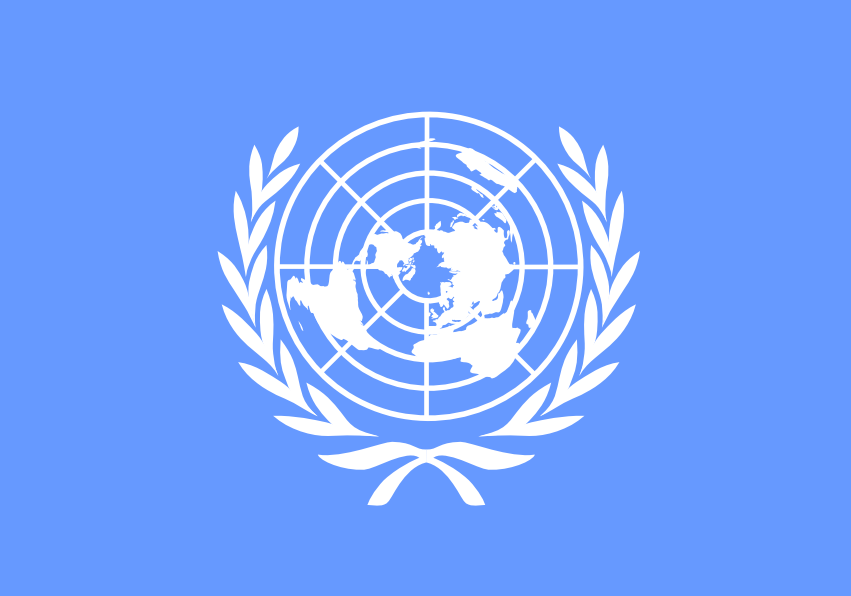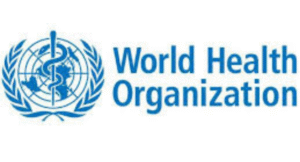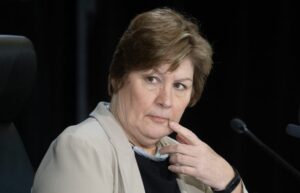
United Nations (UN) Deputy Secretary-General, Amina Mohammed has urged President Bola Tinubu’s administration to scale up it efforts on providing quality education for children across all ages in the country.
She spoke at a briefing at the SDG pavilion ahead of the SDG Summit and High-Level Week of the 78th Session of the UN General Assembly (UNGA 78).
World leaders are to meet in the new week at the annual high-level UN General Assembly.
Leaders are also to attend a summit on the UN’s Sustainable Development Goals — a global “to-do” list created in 2015 that includes issues such as tackling the climate crisis, achieving gender equality and ending hunger and poverty.
Quality education is one of the Sustainable Development Goals (SDGs) which focuses on ensuring inclusive and equitable quality education and promoting lifelong learning opportunities for all.
Amina lamented the alarming case of out-of-school children and those who do not have the right to quality education in Nigeria.
She harped on the importance of technology in education which has provided an opportunity to leapfrog many things that would have otherwise taken decades to do.
Amina said: “For Nigeria, Education has some issues. We’re not only getting teachers that have not been invested in and also having poor levels of teaching, but just millions of children that either been left behind or even when they come out of school don’t have the right.
“I think the new government has a huge challenge to try to put in policies that will strengthen from the local government and states, and that we need to make accountable.”
Amina stated that the onus lies on the various levels of government to act swiftly in addressing challenges facing education sector.
“The three tiers of government all got responsibilities for children; the local government and state have the responsibilities too. Now we can provide the enabling policies for that but in the end, the resources and and the implementation will have to come from that.
“Now can Nigeria afford the very basic level education and health and nutrition for children? Yes, it can but at the current moment, the country will need to look at the way they handle their tax base, the way they handle the efficiencies and government between the three tiers.
“To get that done, the international community has to respond because they will even with the best will in the world and Nigeria, there will still be a deficit.
And that deficit needs to come from means of implementation, whether we’re talking about trade and the barriers and therefore the disruption or some of the supply chains that have happened that we found difficult and expensive to recover.
“They will come from financing, whether we will continue to be able to hold the line to the debts that we have to repay I think in the case of Nigeria’s domestic debt.
“So a little easier, not not much more easier to deal with. Technology? how fast we can move with that many of the things that I can talk about. Technology has provided an opportunity to leapfrog many things that would have otherwise taken decades to access to education, e-commerce, and Nigeria as a huge population that can move in leaps and bounds.”








